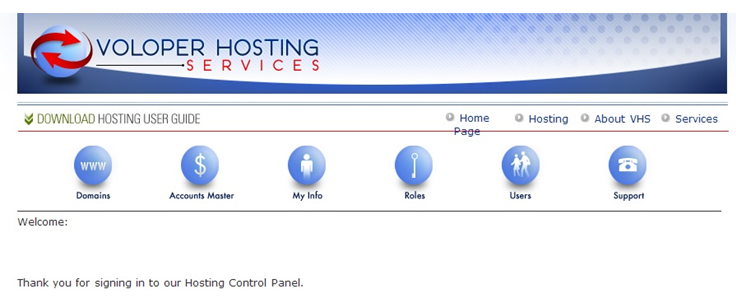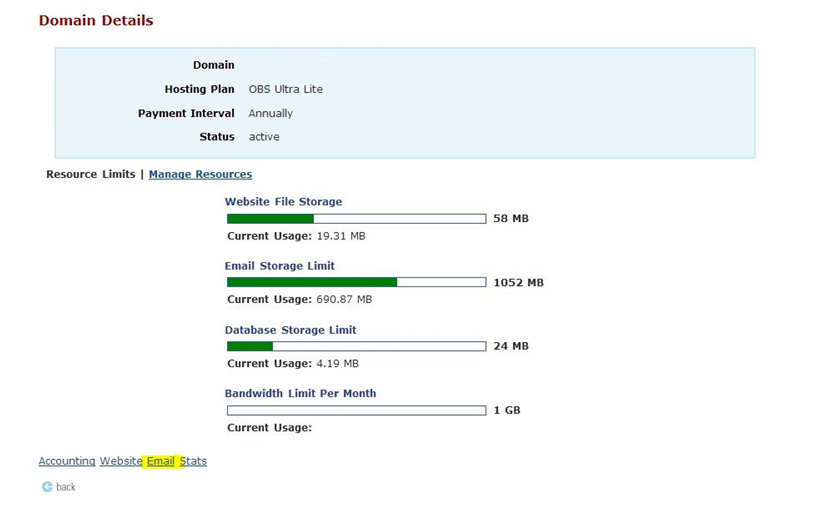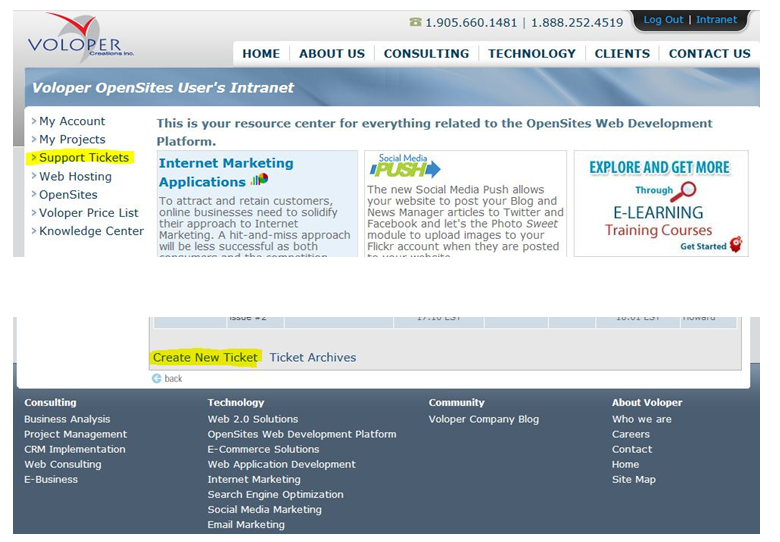Support Corner: strengthen those passwords
There seems to be, among our many WSI clients, more than one Nigerian politician out there with $20 million in gold in a locked chest and in need of help getting it out of Ghana. Of course, we all know, or should know by now, the world is not awash in Nigerian politicians, princes, and generals, with the unenviable problem of moving vast wealth out of various African countries. It's a decade old Internet scam.
Many such scammers and spammers try to hack into web mail accounts and blast their pitches out using hacked email accounts. I might not open or trust a scam from a stranger but if I'm getting an email from someone I know, I might trust the pitch more.
The upshot is Voloper gets a few of these messages from hacked accounts, slowing down our all too human support staff. You can help keep Voloper on top of your real support requests by hack proofing your web mail (and any other site you log into) by making your passwords stronger.
Short, simple, and predictable passwords ("love", "sex", "password", "1234", "test") are the low hanging fruit for hackers. Good passwords should be 8 characters or more. Some password experts recommend these steps in creating a strong password:
1) First, create an easy to remember sentence "I like milk with my peanut butter cookies".
2) Next, make an acronym out of it "ilmwmpbc".
3) Add in one or two random numbers: "ilm4wm7pbc".
Another trick is simply use four random words for your password. The online tech nerd comic xkcd recommends this method. There's even a web site that will help you generate four random words. If you don't like the random password, re-load the page for a new password suggestion.
Oh, a few "don'ts" when creating passwords. We've already covered short, single word passwords. Many people assume adding a random number to the end of the word makes it more secure. However, hackers frequently employ something called a "dictionary attack". It's so called because they use a list of commonly used passwords and common derivations. So you can be assured "password", "password22", and "password123" are in a dictionary-attack dictionary. Hackers also know people will use easy-to-remember (hence, common and predictable) number/letter substitutions. 0 for o and 3 for e are easy guesses. Hence, passw0rd or "t3st" are not as secure or clever as we non-hackers might think.
A Few Handy Voloper Support Basics
Regular support hours
Monday to Friday, 8:30 a.m. to 5:00 p.m. Eastern. Remember Eastern time switches between standard time and day light savings time so if you're in Europe or points beyond, double check the exact time.
Hosting Support
If you're a customer with our hosting service, you can get support for hosting problems by accessing www.voloper.net. Login and us the blue Support button to create a new ticket.
For after hours support (emergency only, like site not responding, etc.) email 247support@voloper.com.
If you do log into Voloper.net, why not spend a minute making your password more secure using the tips above? Also, to change a client’s email account password, on Voloper.net, click the blue Domains button. Select your domain.
Click the Email link at bottom. Select a user name. Enter the desired password.
Voloper Support
If you need support for OpenSites or one of our modules, visit www.voloper.com (note .com vs .net for hosting).
Login, select the Support Ticket link, scroll to the bottom of the page, and select Create New Ticket.


